DIY repairs can lead to incorrect installations, misdiagnoses, and costly mistakes. Fixing DIY errors often costs more than hiring a professional from the start. Worse, you could damage vital systems like your engine or transmission—repairs that easily exceed $3,000.
Why DIY Car Repair Is on the Rise
The rise of YouTube tutorials, online forums, and auto parts delivery has empowered drivers to tackle repairs themselves. A quick search for “DIY car repair” yields thousands of step-by-step guides for everything from oil changes to full engine swaps.
And with car repair costs on the rise—averaging over $500 per repair according to AAA—it’s no wonder more people are rolling up their sleeves.
But while the intent is to save money on car repair, DIY can sometimes result in expensive mistakes, voided warranties, and unsafe driving conditions.
The Appeal: Saving Money on Car Repairs
DIYers often say the same thing: “It’s cheaper to do it myself.”
That’s sometimes true—for small repairs or routine maintenance like:
- Oil and filter changes
- Replacing wiper blades
- Swapping out air filters
- Checking fluid levels
But the savings can quickly vanish when the repair is beyond your skill set or requires expensive tools. The financial risks of DIY car repair increase significantly with more complex issues like brakes, suspension, timing belts, or engine components.
The Financial Risks of DIY Car Repairs
Here’s where things get serious. DIY auto repair carries a number of financial risks:
- Misdiagnosis: Replacing the wrong part can waste hundreds (or thousands) of dollars.
- Improper installation: Loose bolts, poor torque, or uncalibrated sensors can cause system failures.
- Parts damage: Mishandling components like oxygen sensors or ECUs can require total replacements.
- Tool costs: Specialized tools for modern vehicles aren’t cheap.
- Voided warranties: Many warranties are voided if you or a non-certified mechanic perform repairs.
- Injury and liability: Improper brake or suspension work can lead to accidents—and lawsuits.
According to RepairPal, a botched brake repair can result in an average $1,200+ in additional damage—not including safety risks.
Common and Costly DIY Mistakes
Here are just a few of the most expensive DIY car repair mistakes:
- Cross-threaded spark plugs – May damage the cylinder head ($500–$1,000+ fix)
- Incorrect timing belt install – Can destroy an interference engine ($2,000–$5,000 repair)
- Over-torquing bolts – Breaks or cracks parts, especially on aluminum blocks
- Neglecting torque specs – Leads to leaks, engine damage, or unsafe suspension
- Using incorrect fluids – Damages transmissions or brake systems ($2,500+ fix)
- Electrical errors – Poor wiring can fry systems, sensors, and computers
When NOT to DIY Your Auto Repair
DIY might be okay for replacing a headlight bulb or rotating your tires, but here’s when you should never DIY:
- Brake line or ABS system work
- Airbag or steering wheel repairs
- Transmission issues
- Timing chain or belt replacement
- Hybrid or EV battery work
- ECU (computer) diagnostics
- Anything that involves lifting the engine or transmission
If you're wondering, "Is it worth doing car repairs yourself?"—the answer often depends on the complexity, risk, and cost of failure.

The True Cost of Fixing DIY Mistakes
Let’s talk numbers. Fixing your own mistake can cost more than the original repair—and may take longer, too.
According to Kelley Blue Book, here are some average costs of fixing common DIY mistakes:
- Engine damage due to improper timing belt install: $2,000–$5,000
- Blown head gasket from overheating: $1,500–$2,500
- ABS/brake system issues: $1,000–$1,800
- Electrical repairs: $500–$2,000
- Transmission fluid misfill: $1,200–$3,000
DIYers often find themselves thinking: "It would’ve been cheaper just to take it to a pro in the first place."
Warranty Issues: What You Risk by Going DIY
This is where many DIYers lose thousands without realizing it. If you’re doing repairs on a car with a factory or aftermarket warranty:
- You may void the warranty if you or a non-licensed tech does the work
- You must document all maintenance, part purchases, and service intervals
- Incorrect repairs may result in denied future claims, even if unrelated
Thinking about the cost of fixing DIY car repair errors? Add no coverage from your warranty to the bill.
DIY vs. Professional Repair: The Real Cost Comparison
Let’s break it down:
| Repair Type | DIY Cost | Pro Cost | Risk | Final Verdict |
|---|---|---|---|---|
| Oil Change | $30 | $60 | Low | DIY OK |
| Brake Pad Replacement | $150 | $300 | Medium | DIY if skilled |
| Timing Belt | $200 (parts) | $1,000+ | High | Go Pro |
| Transmission Flush | $120 | $250–400 | High | Go Pro |
| ECU Diagnosis | $0 (if guessing) | $100–200 | Very High | Go Pro |
In almost every case where specialized knowledge or tools are involved, professional car repair costs less in the long term.
How a Vehicle Service Contract Can Help
So where does that leave you?
If you’re not a certified mechanic, the smartest move might not be DIY—it might be coverage.
With a vehicle service contract (VSC) from Noble Quote, you get:
✅ Professional repairs by licensed mechanics
✅ Protection from costly breakdowns
✅ Rental car, towing, and roadside assistance
✅ 24/7 claims support
✅ Coverage for major systems like engine, transmission, air conditioning, electrical, and more
It’s financial protection against car repair bills—especially the kind that come from DIY gone wrong.
Instead of risking a $3,000 engine fix from an innocent mistake, you pay a small monthly amount and drive worry-free.
➡️ Learn more at the Noble Quote Learning Center
Final Thoughts: Knowing When to Call the Pros
There’s pride in doing it yourself—but there’s also wisdom in knowing your limits. When the stakes are high, or the repair is complex, calling a professional mechanic isn’t just smarter—it’s safer and often cheaper.
Even better? With a Noble Quote service contract, you won’t have to choose between saving money and doing it right.
DIY Car Repairs: Top Questions Drivers Ask About Costs, Risks, and Smarter Alternatives
What are the financial risks of DIY car repairs?
Is it cheaper to repair your car yourself or go to a mechanic?
While DIY repairs may appear cheaper upfront, the total cost can be higher due to tools, time, and the risk of mistakes. Professional repairs offer guaranteed results, often backed by warranties, which makes them more cost-effective long-term.
Can DIY car repair void your warranty?
Yes. Performing unauthorized repairs or using non-OEM parts can void your factory or extended warranty. To keep your warranty intact, always follow manufacturer guidelines or use licensed professionals.
What are the most common DIY car repair mistakes that cost money?
Some of the costliest DIY errors include cross-threading spark plugs, installing a timing belt incorrectly, using the wrong fluids, or misdiagnosing check engine lights. These mistakes can lead to repair bills between $500–$5,000+.
Are there safety risks with doing car repairs at home?
Absolutely. DIY auto repairs can be dangerous—especially if you’re working with brakes, suspension, airbags, or electrical systems. A small mistake could result in a crash, injury, or further mechanical damage.
How much does it cost to fix a DIY car repair gone wrong?
The cost to fix a botched repair varies, but typical ranges include $500–$2,000 for minor issues and $3,000–$5,000+ for major engine or transmission damage. In many cases, the fix costs more than the original repair would have.
When should I avoid doing car repairs myself?
Avoid DIY repairs for complex systems like the engine, transmission, ABS brakes, airbag components, and anything involving your vehicle’s computer. These require specialized tools and knowledge, and mistakes can be dangerous.
Can a vehicle service contract protect me from DIY repair mistakes?
While a VSC won't cover repairs you attempt yourself, it can prevent the need for DIY by covering unexpected breakdowns. Instead of risking a mistake, you can rely on professional repairs included in your plan.
Is DIY car maintenance worth it for beginners?
Beginners should stick to simple tasks like changing air filters or checking tire pressure. More advanced repairs should be left to professionals to avoid costly and dangerous mistakes.
How do I know if a vehicle service contract is better than DIY repairs?
If you want peace of mind, predictable repair costs, and professional service, a VSC is a smart alternative to risky DIY fixes. It helps avoid expensive surprises and ensures your car is repaired by certified techs.
Suggestions for you
Read MoreLet’s work together
Every week we showcase three charitable organizations that our donations are sent to. Our clients are able to choose which of these three will receive their gift when they add coverage to their vehicle...

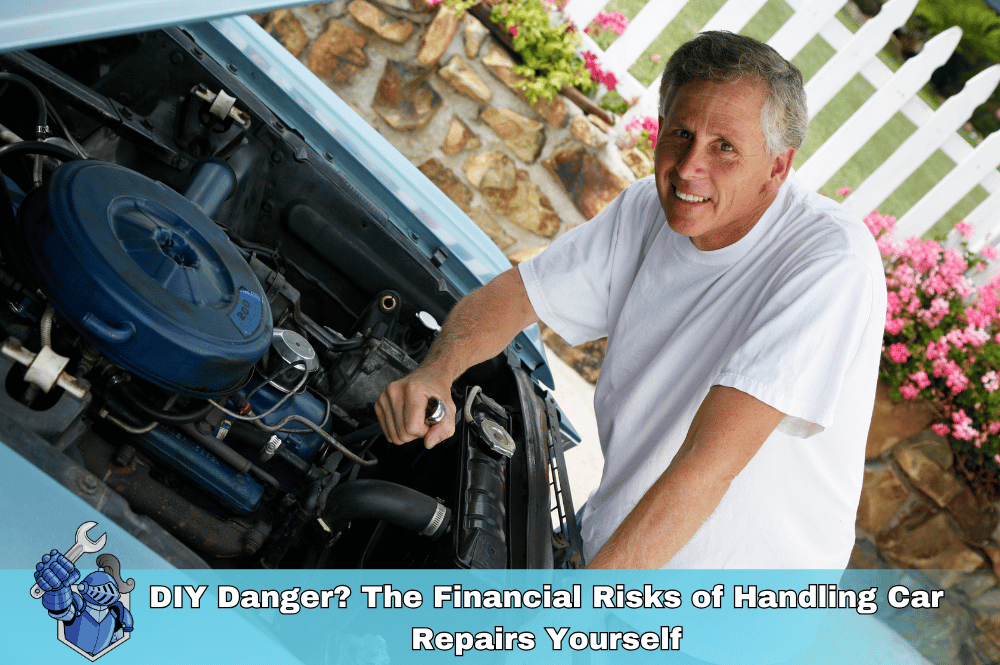
 The Downtime Trap: How Car Repairs Can Cost You More Than Just the Bill
The Downtime Trap: How Car Repairs Can Cost You More Than Just the Bill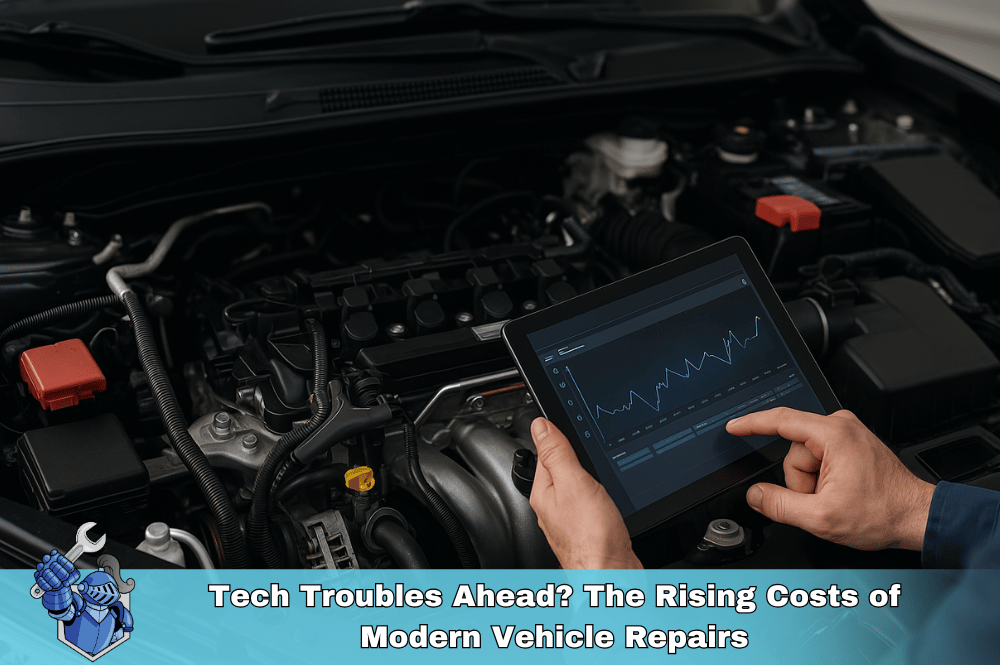 Tech Troubles Ahead? The Rising Costs of Modern Vehicle Repairs
Tech Troubles Ahead? The Rising Costs of Modern Vehicle Repairs Drive Smart, Save Smarter: Your Guide to Budgeting for Car Care
Drive Smart, Save Smarter: Your Guide to Budgeting for Car Care Don’t Let Tariffs Hike Your Bills: The Smart Way an Extended Warranty Saves You on Car Repairs
Don’t Let Tariffs Hike Your Bills: The Smart Way an Extended Warranty Saves You on Car Repairs Chevy Colorado: Unpacking the Features and the Real Cost of Ownership
Chevy Colorado: Unpacking the Features and the Real Cost of Ownership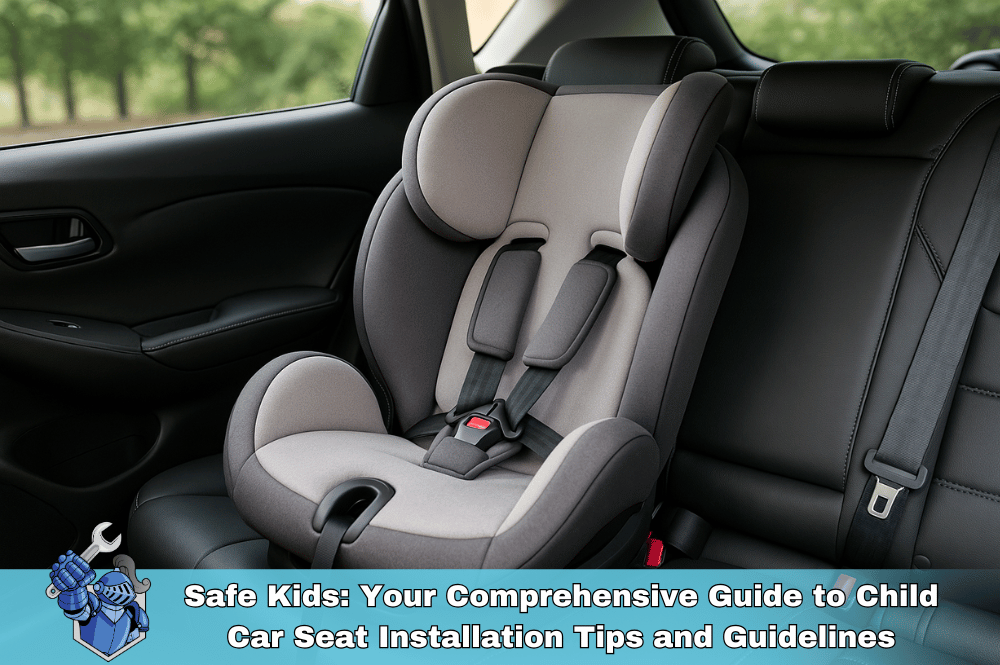 Safe Kids: Your Comprehensive Guide to Child Car Seat Installation Tips and Guidelines
Safe Kids: Your Comprehensive Guide to Child Car Seat Installation Tips and Guidelines Unlock Better Opportunities: Your Guide to Understanding and Improving Your Credit Score
Unlock Better Opportunities: Your Guide to Understanding and Improving Your Credit Score Beyond the Hype: A Realistic Look at Hyundai Ioniq 5 Ownership Costs and Performance
Beyond the Hype: A Realistic Look at Hyundai Ioniq 5 Ownership Costs and Performance Bitcoin vs. Cash: A Head-to-Head Comparison of Features
Bitcoin vs. Cash: A Head-to-Head Comparison of Features Decoding Your Wallet: The Benefits of Using Cash and Credit Wisely
Decoding Your Wallet: The Benefits of Using Cash and Credit Wisely Kia Telluride Review: Unpacking the Features and the Real Cost to Own
Kia Telluride Review: Unpacking the Features and the Real Cost to Own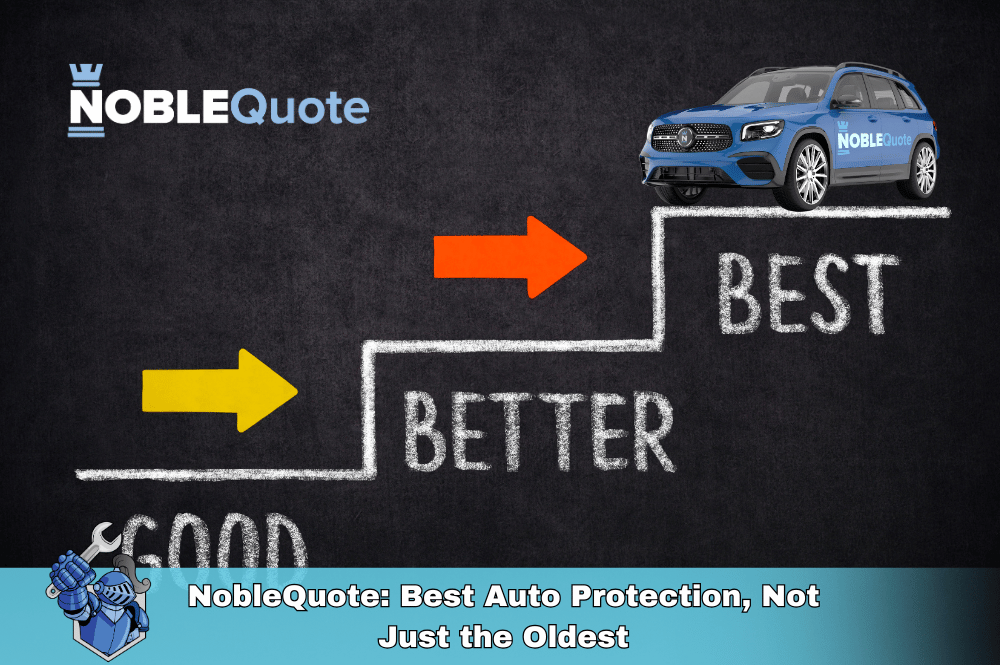 NobleQuote: Best Auto Protection, Not Just the Oldest
NobleQuote: Best Auto Protection, Not Just the Oldest What is a Home Warranty and Do You Need One?
What is a Home Warranty and Do You Need One?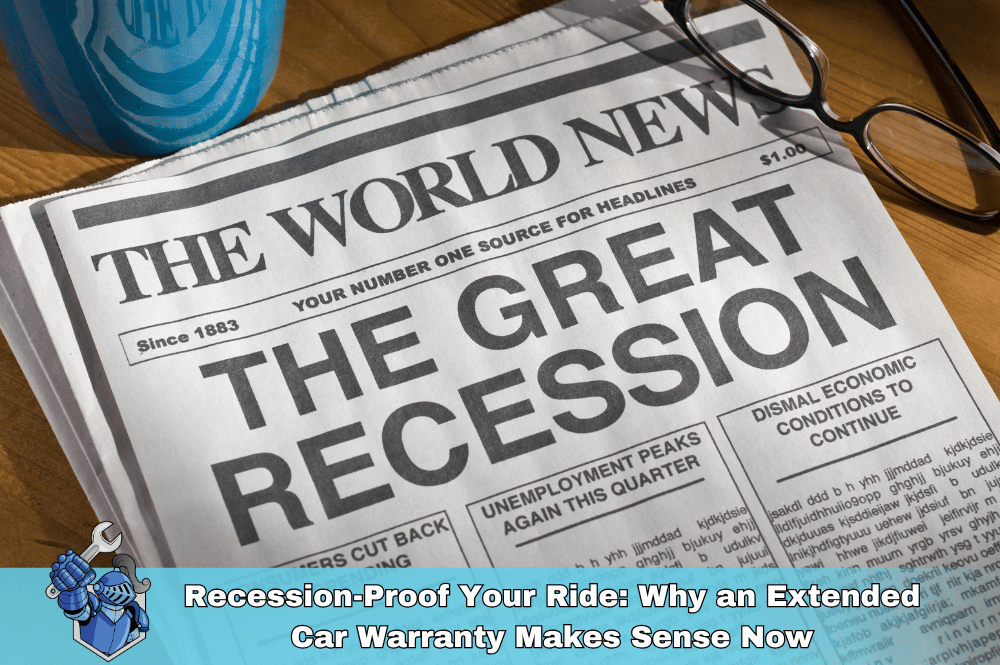 Recession-Proof Your Ride: Why an Extended Car Warranty Makes Sense Now
Recession-Proof Your Ride: Why an Extended Car Warranty Makes Sense Now RV Road Trip Ready: Secure Your Adventures with Extended Warranty Coverage
RV Road Trip Ready: Secure Your Adventures with Extended Warranty Coverage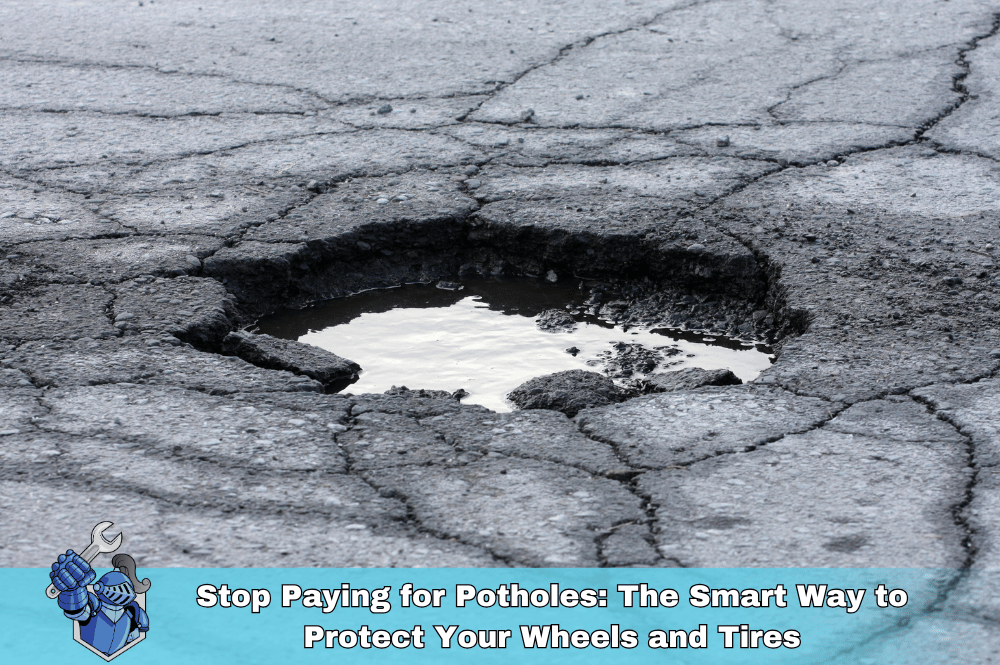 Stop Paying for Potholes: The Smart Way to Protect Your Wheels and Tires
Stop Paying for Potholes: The Smart Way to Protect Your Wheels and Tires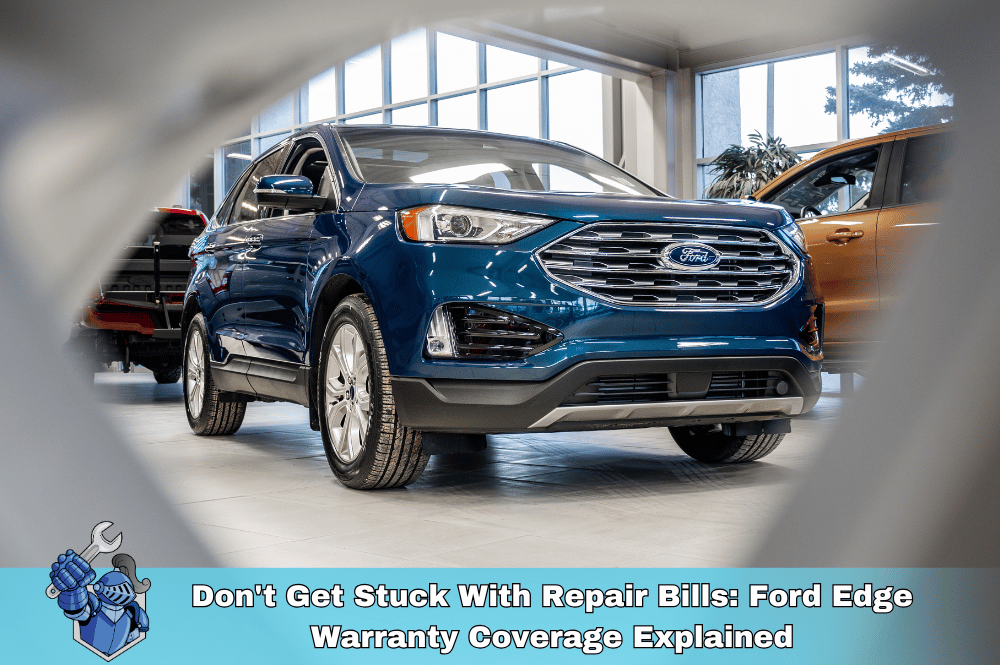 Don’t Get Stuck With Repair Bills: Ford Edge Warranty Coverage Explained
Don’t Get Stuck With Repair Bills: Ford Edge Warranty Coverage Explained Navigating the Online Vehicle Marketplace: Your Comprehensive Guide to Finding the Perfect Car or Truck
Navigating the Online Vehicle Marketplace: Your Comprehensive Guide to Finding the Perfect Car or Truck Maximize Your Savings: Understanding Your Vehicle Service Contract Deductible Options
Maximize Your Savings: Understanding Your Vehicle Service Contract Deductible Options Vehicle Service Contracts for SUVs and Trucks: Protecting Your Investment
Vehicle Service Contracts for SUVs and Trucks: Protecting Your Investment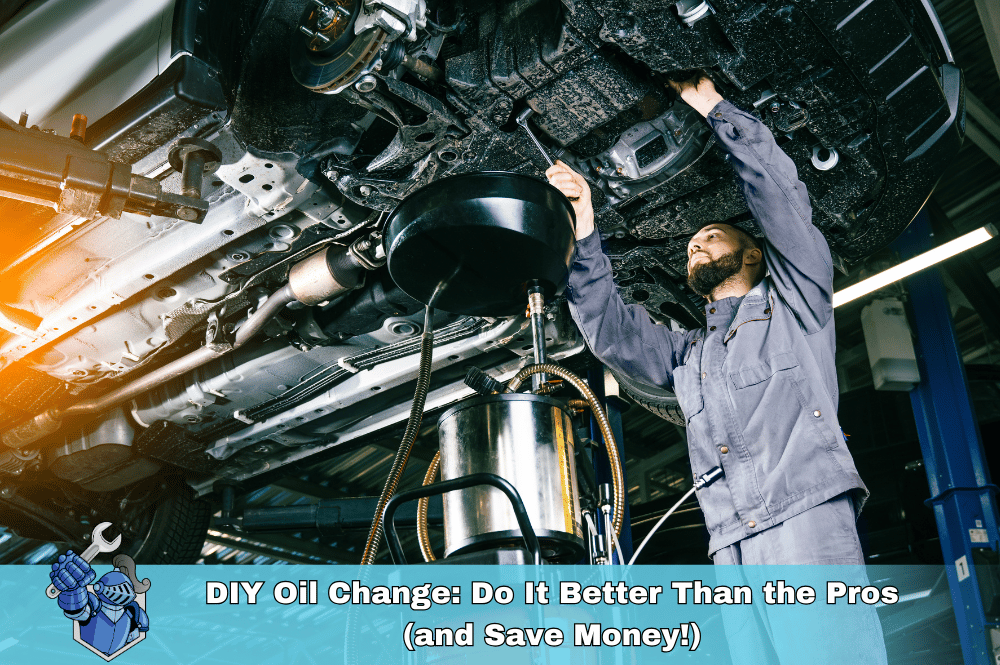 DIY Oil Change: Do It Better Than the Pros (and Save Money!)
DIY Oil Change: Do It Better Than the Pros (and Save Money!)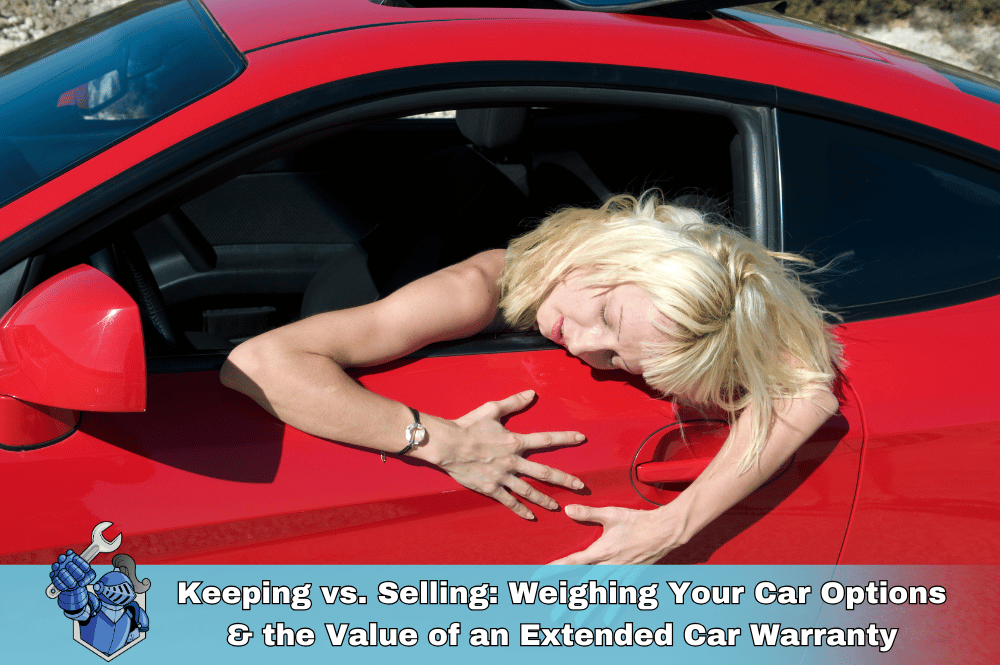 Keeping vs. Selling: Weighing Your Car Options & the Value of an Extended Car Warranty
Keeping vs. Selling: Weighing Your Car Options & the Value of an Extended Car Warranty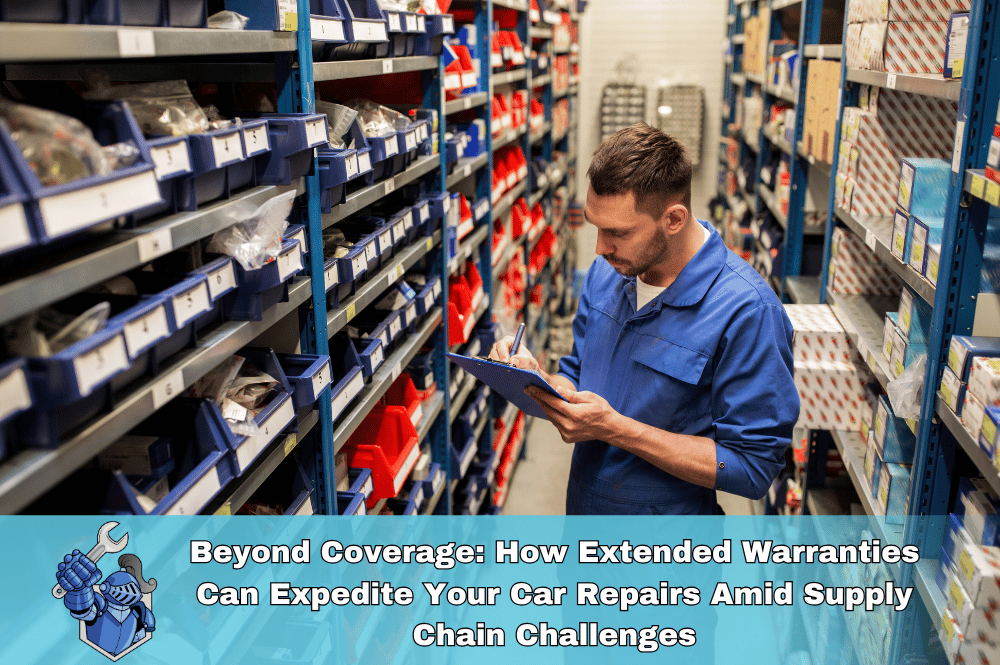 Beyond Coverage: How Extended Warranties Can Expedite Your Car Repairs Amid Supply Chain Challenges
Beyond Coverage: How Extended Warranties Can Expedite Your Car Repairs Amid Supply Chain Challenges Protecting Your Ride Like Jalen Protects the Pocket: Cars, Eagles, and Smart Investments
Protecting Your Ride Like Jalen Protects the Pocket: Cars, Eagles, and Smart Investments Rivian R1S Review: Is This the Ultimate Electric Adventure SUV? (2025)
Rivian R1S Review: Is This the Ultimate Electric Adventure SUV? (2025)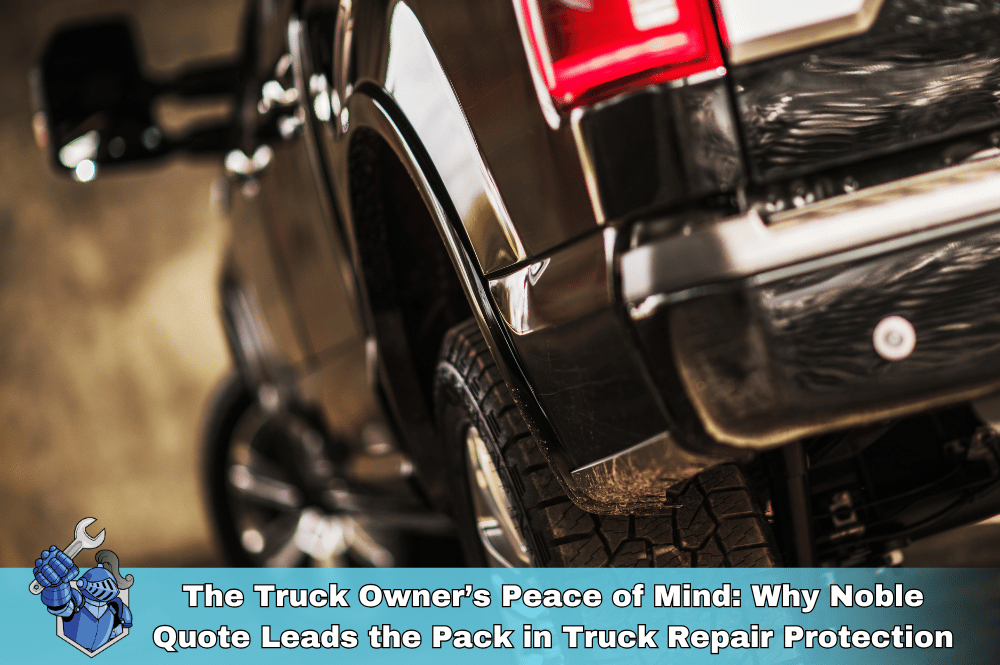 The Truck Owner’s Peace of Mind: Why Noble Quote Leads the Pack in Truck Repair Protection
The Truck Owner’s Peace of Mind: Why Noble Quote Leads the Pack in Truck Repair Protection Noble Quote: Driving with Confidence, Protected from Unexpected Repairs
Noble Quote: Driving with Confidence, Protected from Unexpected Repairs Porsche GT3: Beyond the Numbers – The Soul-Stirring GT3 Experience
Porsche GT3: Beyond the Numbers – The Soul-Stirring GT3 Experience Ferrari vs. Lamborghini: A History of Innovation and Rivalry
Ferrari vs. Lamborghini: A History of Innovation and Rivalry Dodge TRX: King of the Off-Road
Dodge TRX: King of the Off-Road Kansas City Chiefs Players: You Won’t Believe What They’re Driving!
Kansas City Chiefs Players: You Won’t Believe What They’re Driving! Ford Raptor Extended Warranty Guide: Conquer the Road with Confidence
Ford Raptor Extended Warranty Guide: Conquer the Road with Confidence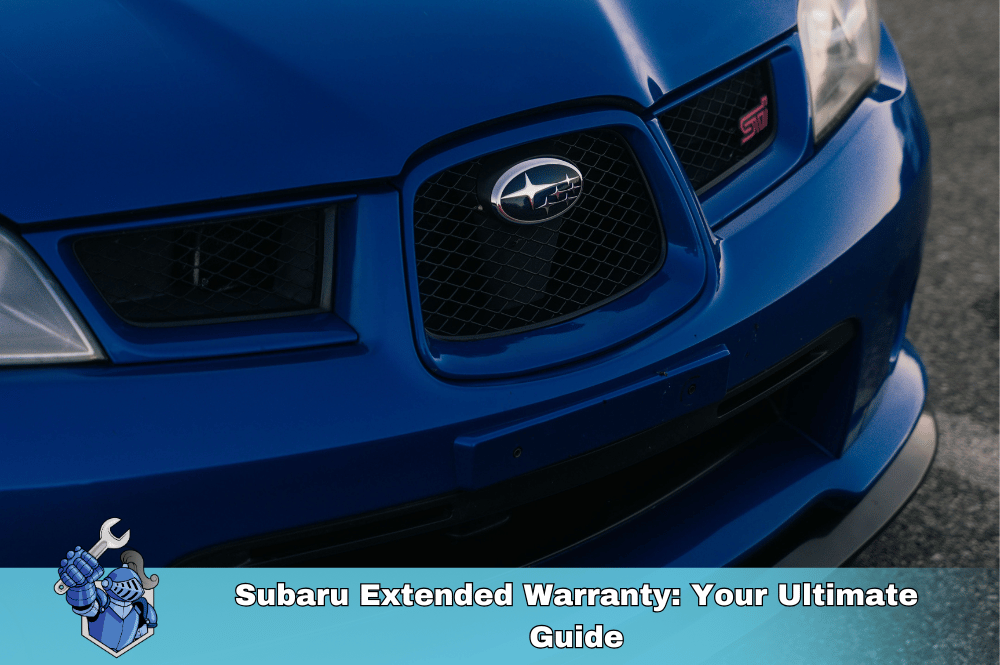 Subaru Extended Warranty: Your Ultimate Guide
Subaru Extended Warranty: Your Ultimate Guide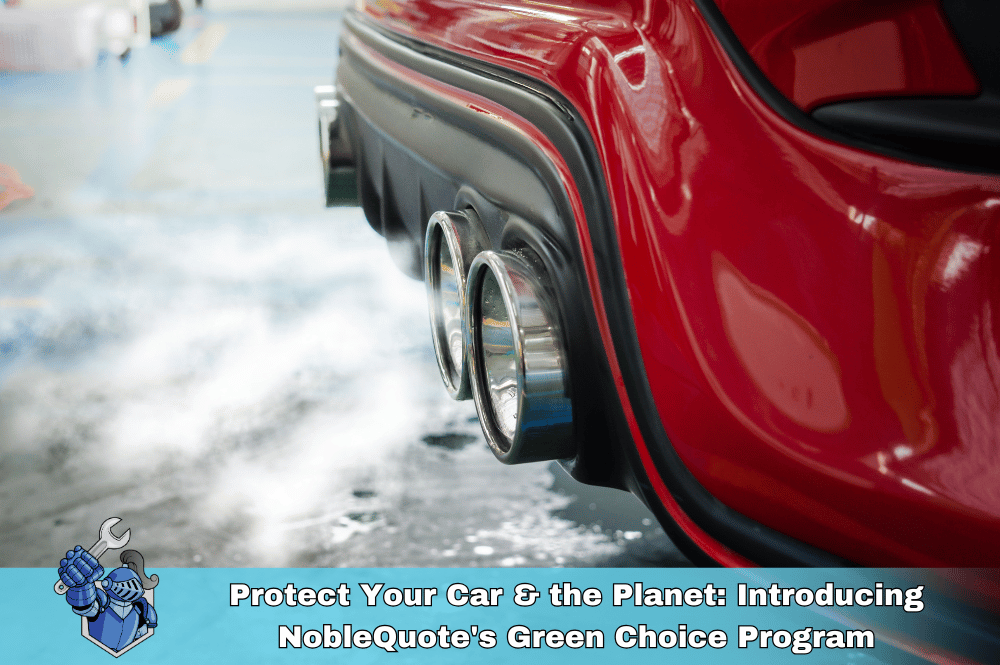 Protect Your Car & the Planet: Introducing NobleQuote's Green Choice Program
Protect Your Car & the Planet: Introducing NobleQuote's Green Choice Program Mazda Extended Warranty: Your Comprehensive Guide
Mazda Extended Warranty: Your Comprehensive Guide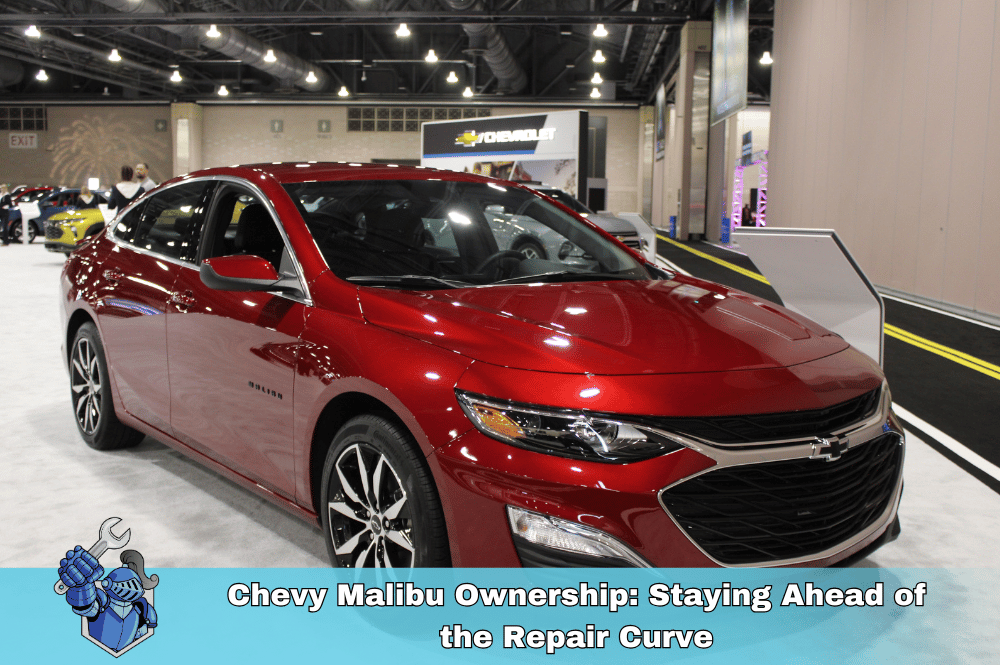 Chevy Malibu Ownership: Staying Ahead of the Repair Curve
Chevy Malibu Ownership: Staying Ahead of the Repair Curve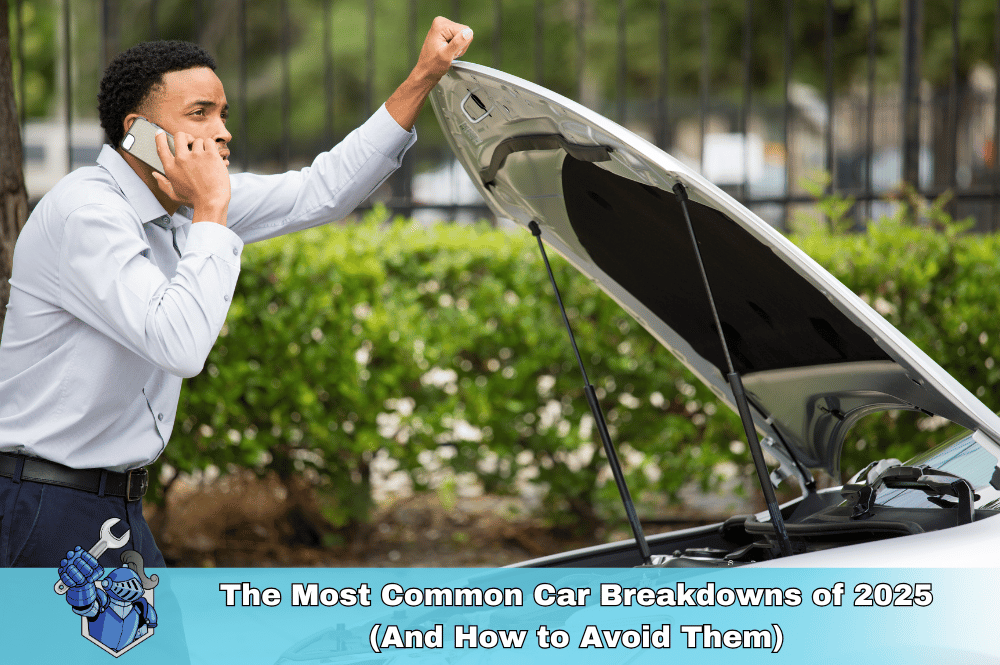 The Most Common Car Breakdowns of 2025 (And How to Avoid Them)
The Most Common Car Breakdowns of 2025 (And How to Avoid Them) Supercar Dreams on a Budget: The Most Affordable Exotics for First-Time Buyers
Supercar Dreams on a Budget: The Most Affordable Exotics for First-Time Buyers Porsche Cayenne Engine Problems: What to Watch For
Porsche Cayenne Engine Problems: What to Watch For The Future of Racing: Electric Cars, Autonomous Vehicles, and Beyond
The Future of Racing: Electric Cars, Autonomous Vehicles, and Beyond We've Moved! Noble Quote's New Home at the Lake of the Ozarks
We've Moved! Noble Quote's New Home at the Lake of the Ozarks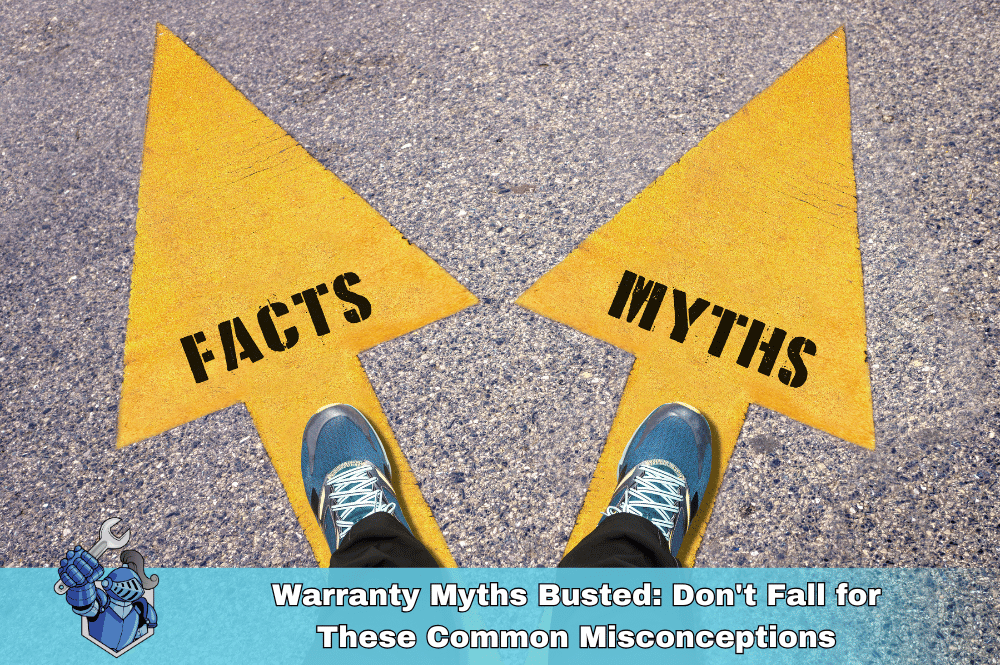 Warranty Myths Busted: Don't Fall for These Common Misconceptions
Warranty Myths Busted: Don't Fall for These Common Misconceptions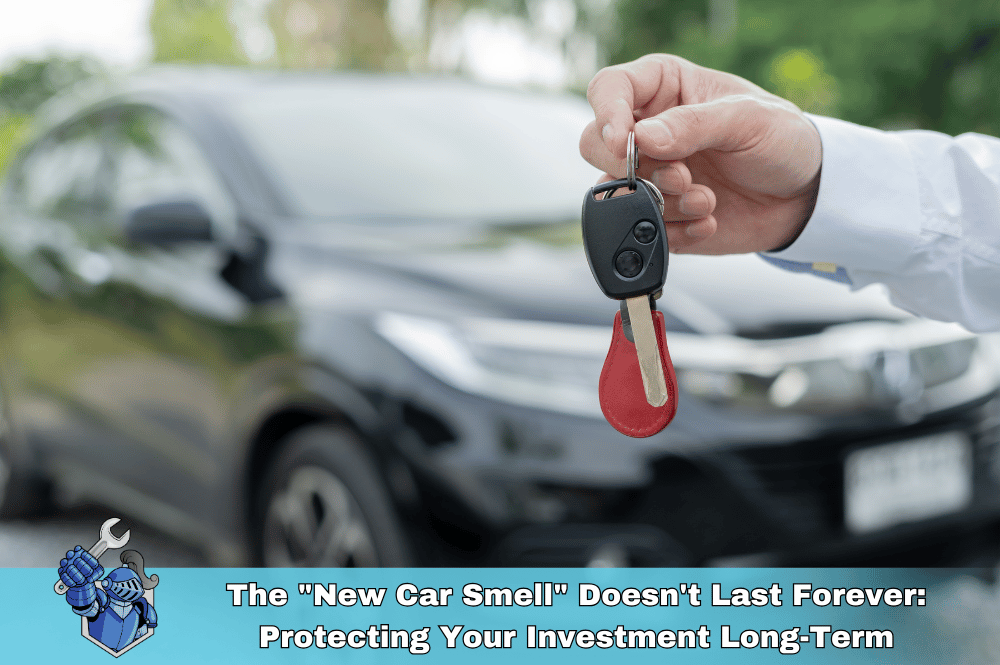 The "New Car Smell" Doesn't Last Forever: Protecting Your Investment Long-Term
The "New Car Smell" Doesn't Last Forever: Protecting Your Investment Long-Term If NASCAR Had Car Warranties: The Pit Stop Chaos You’d See
If NASCAR Had Car Warranties: The Pit Stop Chaos You’d See Forza: The Perfect Blend of Simulation and Arcade Fun
Forza: The Perfect Blend of Simulation and Arcade Fun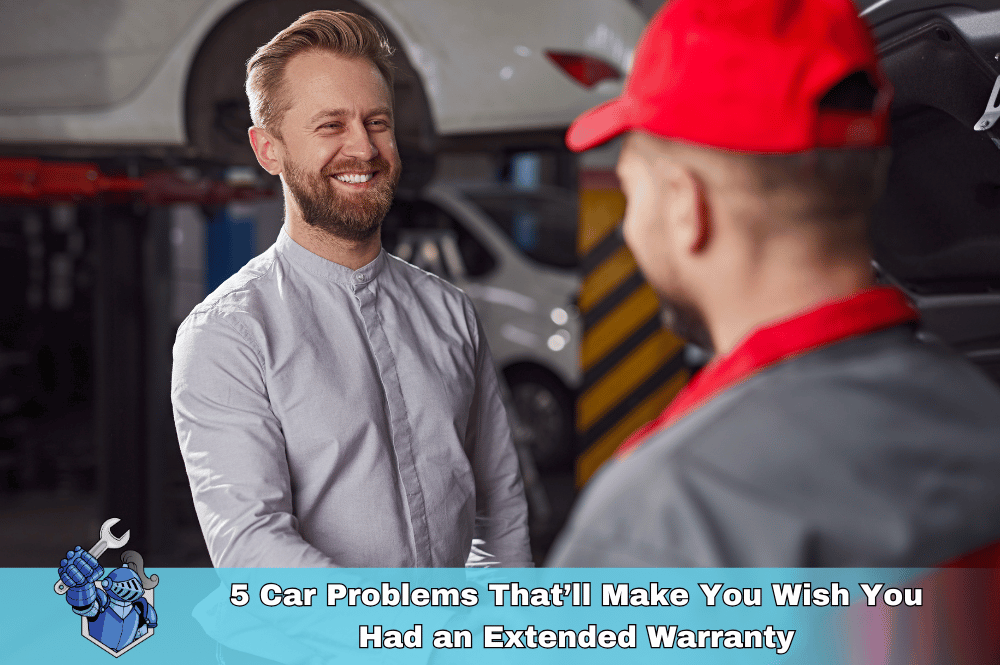 5 Car Problems That’ll Make You Wish You Had an Extended Warranty
5 Car Problems That’ll Make You Wish You Had an Extended Warranty Beyond F1: Exploring the World's Most Extreme Racing Series
Beyond F1: Exploring the World's Most Extreme Racing Series The Greatest NASCAR Rivalries of All Time: On-Track Battles and Off-Track Drama
The Greatest NASCAR Rivalries of All Time: On-Track Battles and Off-Track Drama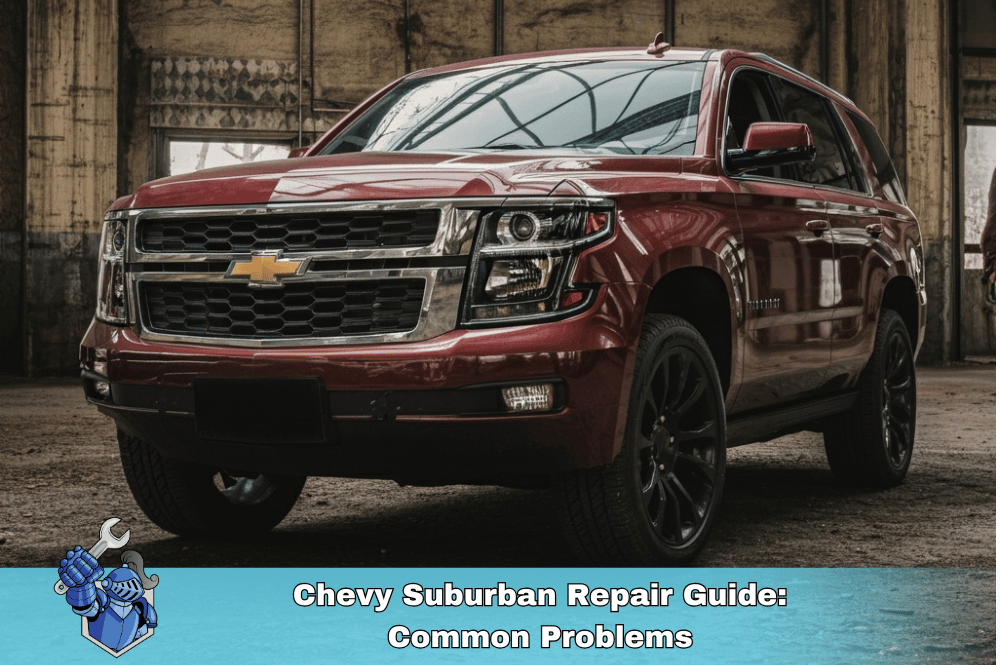 Chevy Suburban Repair Guide: Common Problems
Chevy Suburban Repair Guide: Common Problems Cupid's Got Horsepower: Rev Up Your Valentine's Day!
Cupid's Got Horsepower: Rev Up Your Valentine's Day! 10 Things You Didn't Know About James Bond’s Aston Martin DB5
10 Things You Didn't Know About James Bond’s Aston Martin DB5 Knight Rider vs. Back to the Future: A Battle of the 80s Icons
Knight Rider vs. Back to the Future: A Battle of the 80s Icons

